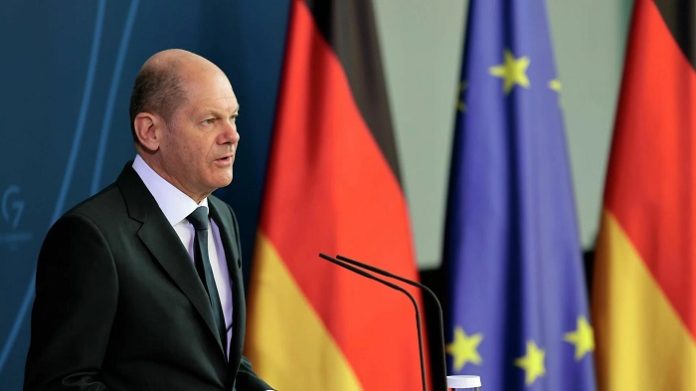German Chancellor Olaf Scholz is seeking economic engagement and geopolitical coordination with Central Asian countries as he embarks on a three-day visit this weekend to attend a six-party Central Asia Meeting.
Scholz is due to arrive in Uzbekistan on Sunday and head to Kazakhstan on Monday. During his three-day trip, he is expected to participate in the six-way Central Asia Meeting (Z5) with the leaders of Kazakhstan, Uzbekistan, Kyrgyzstan, Tajikistan, and Turkmenistan. The Z5 countries have become an unusual focus of Scholz’s diplomatic efforts, which also include well-known emerging economies such as Brazil, India, and several African nations.
Germany is facing dependence on countries like the United States, China, and Russia, leading Berlin to take an interest in the region. Scholz, in search of closer ties with many countries, asserts that Germany is preparing for a multipolar world. The region became the first with which Germany established a regional partnership in September 2023. Scholz also becomes the first german leader in decades to visit the region.
The energy and economic sectors are of particular interest to Germany. One source in the government stated that co-operation with Central Asia implies the possibility of replacing Russian oil, specifically referring to Kazakhstan. The German government is due to sign a migration agreement with Tashkent this week, which may be particularly important for attracting skilled workers to Germany.
The five Central Asian countries, historically and geographically close to Russia, have so far refused to openly take sides in the Ukraine-Russia conflict, raising some concerns in the European Union as they have faced accusations of serving as backdoors for Moscow to circumvent sanctions. Germany, for its part, implies experience with Russia as paramount, since the careers of many leaders now holding key positions in the former Soviet republics have ties to Soviet Russia.
